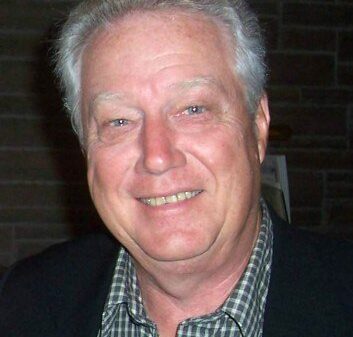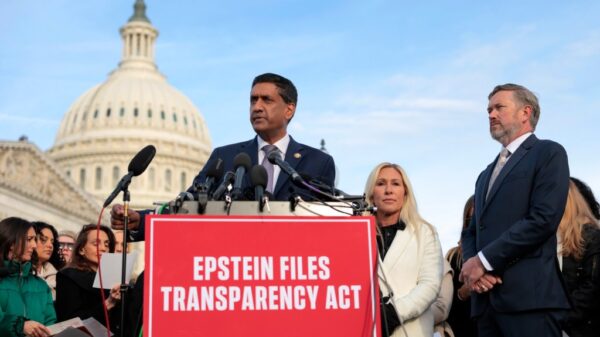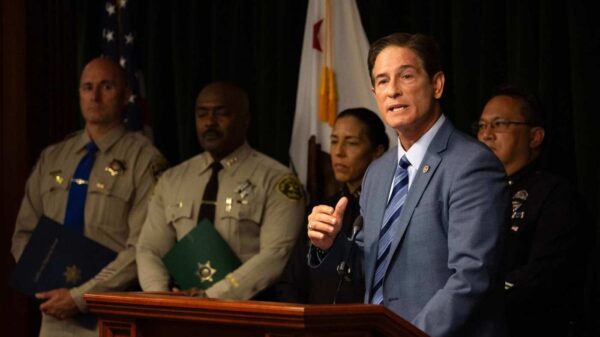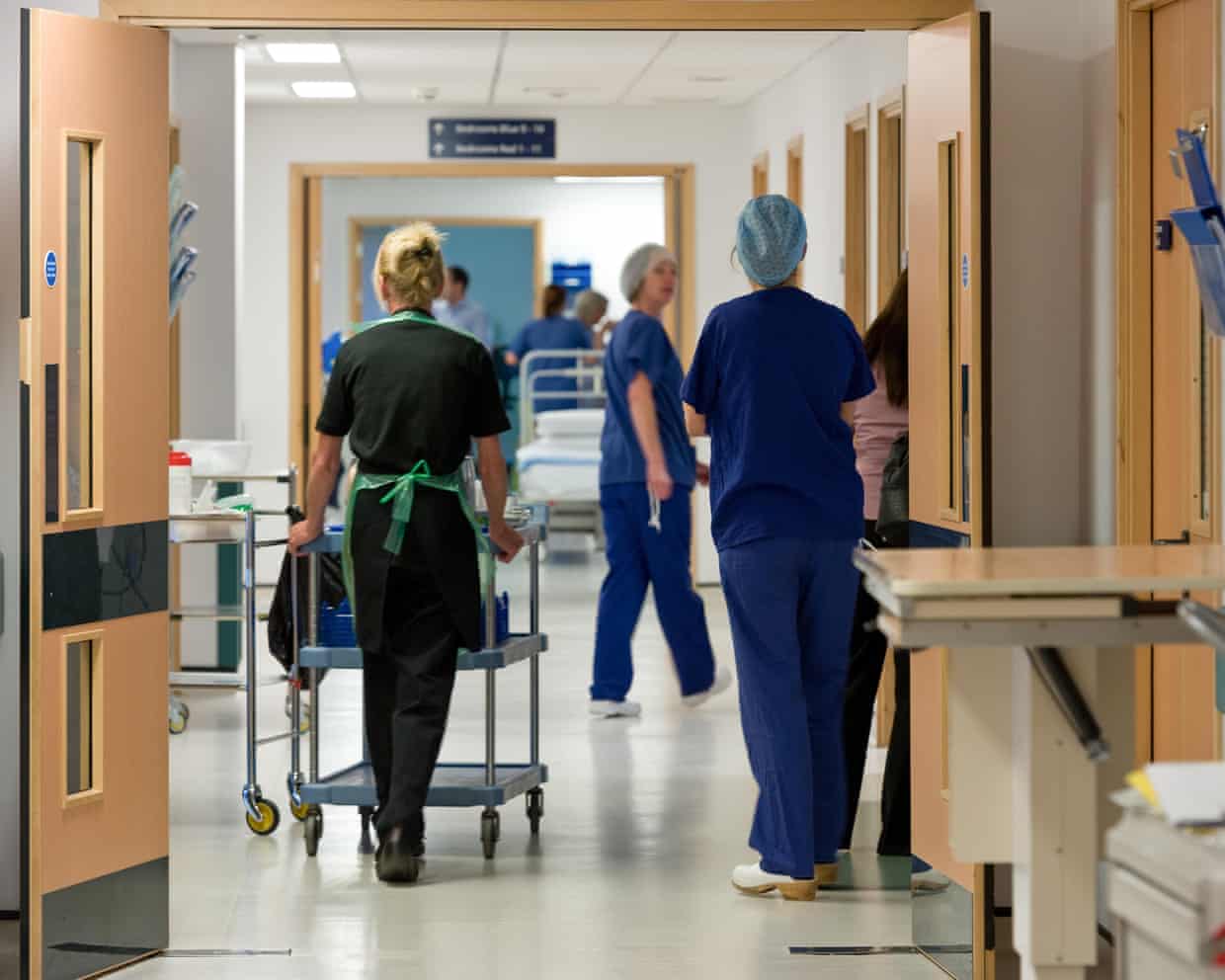The British Medical Association (BMA) has declared that the demand for a 29% pay rise for resident doctors in England is non-negotiable. Dr. Tom Dolphin, the newly appointed chair of the BMA, stated that this pay claim is not only reasonable but also easily affordable for the National Health Service (NHS). The assertion comes as resident doctors prepare for a significant strike that could extend over several years if their demands are not met.
Dr. Dolphin explained in an interview that the 29% figure represents the real-terms loss of earnings resident doctors have experienced since 2008. He emphasized that the BMA will not consider any lower figure, as the demand is rooted in the principle of restoring lost value. “If we picked a different number, that wouldn’t achieve the pay restoration,” he noted, highlighting the inflexibility in negotiations.
The upcoming five-day strike, set to commence later this month, will see tens of thousands of resident doctors walk out, a situation Dr. Dolphin attributes to the actions of Wes Streeting, the Secretary of State for Health. Last year, Streeting awarded a 22% pay increase over two years, but failed to follow up this year, leading to frustration among medical professionals. Dr. Dolphin remarked, “The disruption that the 120-hour walkout would cause was his fault, not theirs.”
According to Dr. Dolphin, the BMA had expected the 22% increase to be just the beginning of a journey towards full pay restoration. He asserted that the current offer of 5.4% for the year is insufficient, as it does not restore the value lost over the years. “Our expectation was that the [22%] would be the start of a journey that would keep us going until we’d reached the value we had in 2008,” he said.
Tensions have escalated between Dr. Dolphin and Streeting, with both parties engaged in a war of words. Streeting has labelled the BMA’s 29% demand as “completely unreasonable,” particularly in light of the challenging state of public finances. Yet, the BMA remains steadfast, insisting on continued strike action until its members receive the full 29%.
Dr. Dolphin has suggested a potential pathway to avoid prolonged strikes, proposing a flexible agreement that spans the next three years. He mentioned that the doctors could accept incremental increases: “It’s a couple of percent more this year, more percent next year, and more percent the year after,” he explained.
Despite the ongoing tensions, Dr. Dolphin maintains that the NHS can afford the pay rise. He pointed out that while the gross cost for the full 29% restoration is estimated at £1.73 billion, after accounting for tax returns to the Treasury, the net cost drops to £920 million. This figure represents less than half a percent of the NHS’s total budget of £190.8 billion for the current financial year.
The potential repercussions of the strike have raised concerns among NHS leaders. Rory Deighton, director of the NHS Confederation’s acute network, warned that the strike could hinder the government’s goal of ensuring 92% of patients awaiting hospital treatment receive care within 18 weeks by 2029. He stated, “To meet the government’s ambitions … will be made even harder if resident doctors down tools and go on strike.”
Among the dissenting voices, Professor Robert Winston, a prominent figure in the medical community, announced his resignation from the BMA after over 60 years of membership. He criticized the strike as “highly dangerous” and detrimental to public trust, urging doctors to prioritize patient care over industrial action.
The Department of Health and Social Care has echoed concerns regarding the BMA’s refusal to engage in meaningful dialogue. A spokesperson for the department described the BMA’s stance as “unreasonable and irresponsible,” emphasizing that the Secretary of State remains open to discussions aimed at improving working conditions for resident doctors.
As the situation unfolds, it remains clear that both the BMA and the government face a significant challenge in resolving the pay dispute. The outcome will not only impact the financial future of resident doctors but also the overall functionality of the NHS as it strives to meet the healthcare needs of the public.







































































